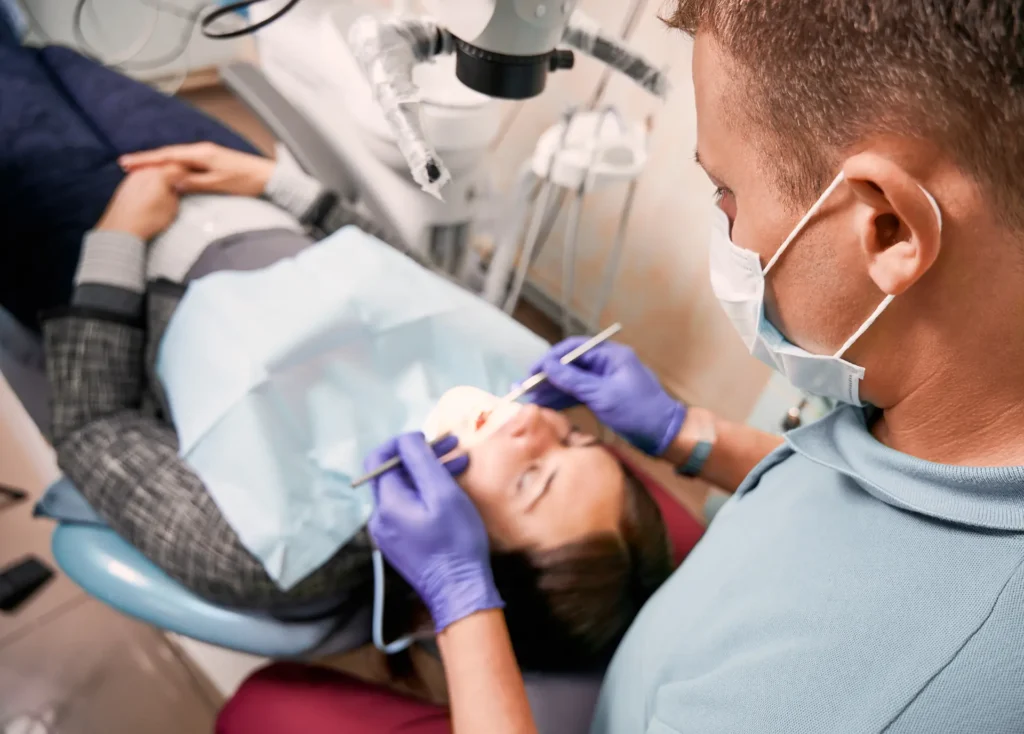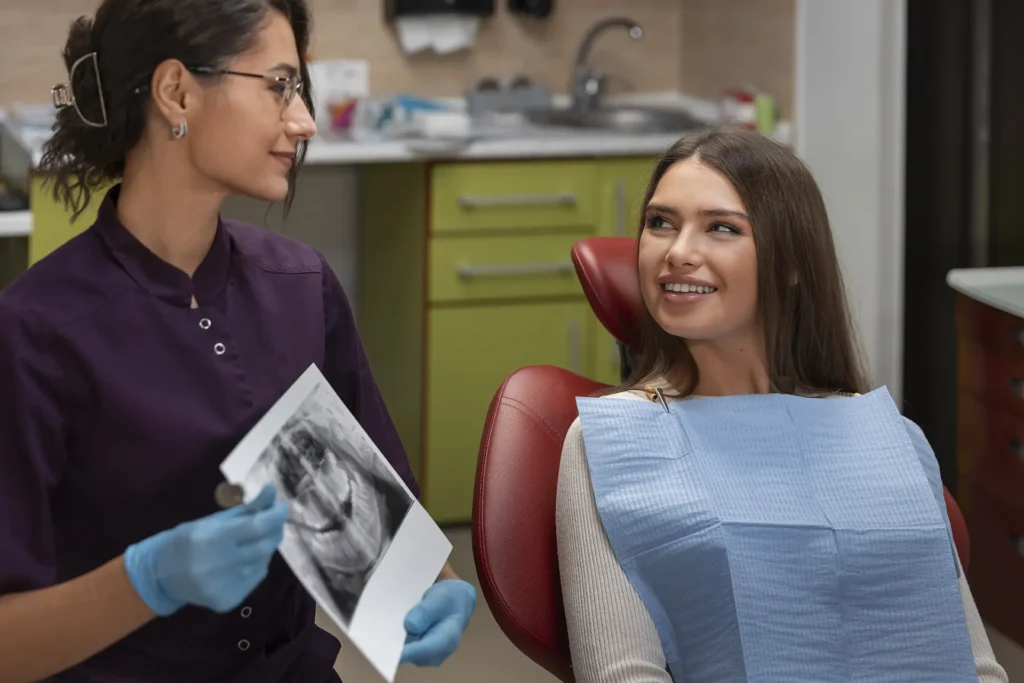Maintaining good oral health is vital for overall well-being. Regular dental check-ups play a crucial role in preventing dental problems and ensuring that your teeth and gums remain healthy. In this article, we will explore the significance of routine dental check-ups, what to expect during a dental exam, and tips for maintaining optimal dental health.

What is a Dental Exam?
A dental exam, also known as a dental check-up or dental evaluation, is a comprehensive assessment of your oral health conducted by a dentist. This routine procedure is essential for identifying potential dental issues early and providing necessary treatment before problems escalate.
Why Regular Dental Check-Ups are Important
Regular dental check-ups are crucial for several reasons:
- Early Detection of Dental Problems: A dentist exam can identify issues such as cavities, gum disease, and oral cancer in their early stages, making treatment more manageable and effective.
- Preventive Care: Routine dental check-ups include preventive measures like cleaning, which remove plaque and tartar buildup that can lead to cavities and gum disease.
- Overall Health Connection: Poor oral health is linked to various systemic conditions, including heart disease and diabetes. Regular dental exams help maintain overall health.
- Education and Advice: During a dental check-up, your dentist can provide valuable advice on proper oral hygiene practices and answer any questions you may have about dental care.
Components of a Dental Examination
A comprehensive dental exam typically includes several key components:
- Medical History Review: Your dentist will review your medical history to understand any conditions or medications that may affect your oral health.
- Visual Examination: The dentist will visually inspect your teeth, gums, and mouth for signs of decay, gum disease, and other oral health issues.
- X-Rays: Dental X-rays provide a detailed view of your teeth and jaw, helping to identify problems that are not visible during the visual examination, such as cavities between teeth or bone loss.
- Teeth Cleaning: Professional teeth cleaning removes plaque and tartar buildup that regular brushing and flossing cannot eliminate.
- Gum Health Assessment: Your dentist will check for signs of gum disease by measuring the depth of the spaces between your teeth and gums.
- Oral Cancer Screening: The dentist will examine your mouth, throat, and neck for signs of oral cancer.
What to Expect During a Dental Check-Up
A routine dental check-up usually involves several steps designed to thoroughly assess and maintain your oral health:
- Initial Consultation: Your dentist will ask about any dental concerns you may have and discuss your overall health.
- Thorough Cleaning: A dental hygienist will perform a professional cleaning, removing plaque, tartar, and stains from your teeth.
- Detailed Examination: The dentist will conduct a visual examination, check your gums, and may take X-rays to identify any hidden problems.
- Discussion of Findings: After the examination, your dentist will discuss any issues found, recommend treatments, and provide advice on improving your oral hygiene routine.
- Follow-Up Appointments: If necessary, your dentist will schedule follow-up appointments for further treatment, such as fillings, crowns, or periodontal therapy.
Benefits of Regular Dental Check-Ups
Routine dental check-ups offer numerous benefits, including:
- Prevention of Tooth Decay and Gum Disease: Regular cleanings and exams help prevent cavities and gum disease by removing plaque and tartar and identifying issues early.
- Detection of Oral Health Problems: Early detection of dental issues allows for prompt treatment, preventing more severe problems and costly procedures.
- Maintenance of Overall Health: Good oral health is linked to overall health, reducing the risk of systemic conditions like heart disease and diabetes.
- Improved Aesthetic Appearance: Professional cleanings help remove stains, leading to a brighter smile.
- Enhanced Self-Confidence: Maintaining good oral health and a bright smile can boost your self-esteem and confidence.
10 Tips for Maintaining Optimal Dental Health Through Regular Dental Exams
In addition to regular dental checkups, there are several steps you can take to maintain optimal dental health:
- Brush Twice Daily
Brush your teeth at least twice a day using fluoride toothpaste to remove plaque and prevent cavities. - Floss Daily
Flossing removes food particles and plaque from between your teeth and under the gumline, where a toothbrush can’t reach. - Use Mouthwash
An antimicrobial mouthwash can help reduce plaque and fight gum disease. - Limit Sugary Foods and Drinks
Reducing your intake of sugary foods and beverages can help prevent tooth decay. - Stay Hydrated
Drinking water helps wash away food particles and bacteria, maintaining a healthy balance of saliva in your mouth. - Avoid Tobacco Products
Smoking and other tobacco use can lead to gum disease, oral cancer, and other dental problems. - Eat a Balanced Diet
A diet rich in fruits, vegetables, and dairy products supports healthy teeth and gums. - Replace Your Toothbrush Regularly
Change your toothbrush every three to four months or sooner if the bristles are frayed. - Wear a Mouthguard
If you play sports, wearing a mouthguard can protect your teeth from injury. - Visit Your Dentist Regularly
Schedule routine dental check-ups every six months or as recommended by your dentist.

FAQs
How often should I have a dental check-up?
It is generally recommended to have a dental check-up every six months. However, your dentist may suggest a different frequency based on your individual needs.
What should I do if I experience dental pain between check-ups?
If you experience dental pain or discomfort between check-ups, contact your dentist immediately. Early intervention can prevent more serious problems.
Can dental check-ups help with bad breath?
Yes, regular dental check-ups can help identify and treat the underlying causes of bad breath, such as gum disease or tooth decay.
Are dental X-rays safe?
Dental X-rays are generally safe and use very low levels of radiation. Your dentist will take precautions to minimize your exposure.
What can I do to overcome dental anxiety?
If you have dental anxiety, talk to your dentist. They can provide options to make you more comfortable, such as sedation dentistry or relaxing techniques.
What is the difference between a dental check-up and a dental cleaning?
A dental check-up involves a comprehensive examination of your oral health, while a dental cleaning focuses on removing plaque, tartar, and stains from your teeth.
Conclusion
Regular dental check-ups are essential for maintaining good oral health and preventing dental problems. By visiting your dentist regularly, you can ensure early detection and treatment of dental issues, maintain a healthy smile, and improve your overall health. Remember to practice good oral hygiene at home and follow your dentist’s recommendations for optimal dental care.

